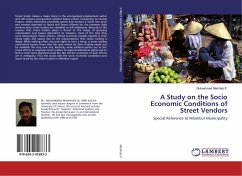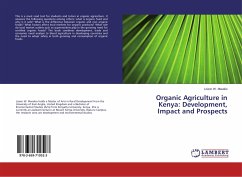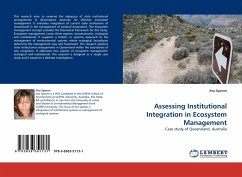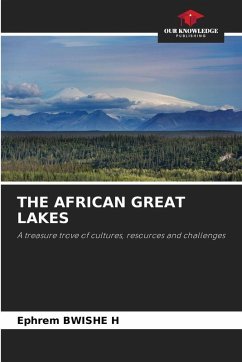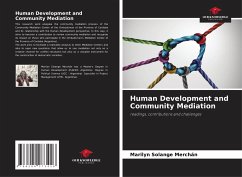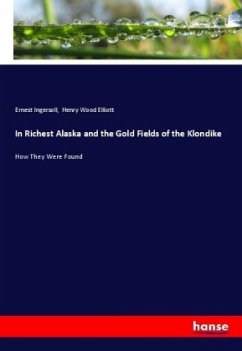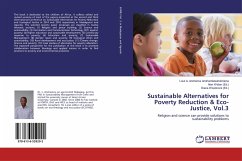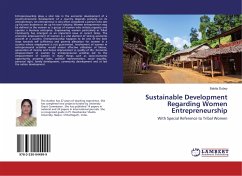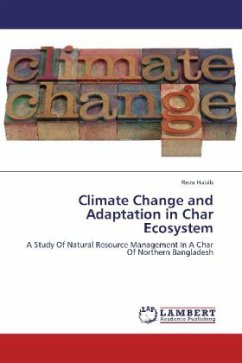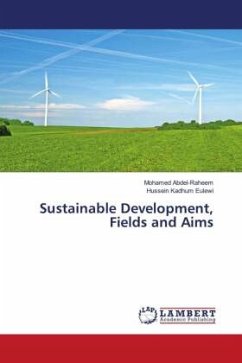
Sustainable Development, Fields and Aims
Versandkostenfrei!
Versandfertig in 6-10 Tagen
60,99 €
inkl. MwSt.

PAYBACK Punkte
30 °P sammeln!
Sustainable development is an organizing principle that aims to meet human development goals while also enabling natural systems to provide necessary natural resources and ecosystem services to humans. The desired result is a society where living conditions and resources meet human needs without undermining the planetary integrity and stability of the natural system. Sustainable development tries to find a balance between economic development, environmental protection, and social well-being. The Brundtland Report in 1987 defined sustainable development as "development that meets the needs of t...
Sustainable development is an organizing principle that aims to meet human development goals while also enabling natural systems to provide necessary natural resources and ecosystem services to humans. The desired result is a society where living conditions and resources meet human needs without undermining the planetary integrity and stability of the natural system. Sustainable development tries to find a balance between economic development, environmental protection, and social well-being. The Brundtland Report in 1987 defined sustainable development as "development that meets the needs of the present generation without compromising the ability of future generations to meet their own needs". The concept of sustainable development nowadays has a focus on economic development, social development and environmental protection for future generations. Sustainable development was first institutionalized with the Rio Process initiated at the 1992 Earth Summit in Rio de Janeiro.




